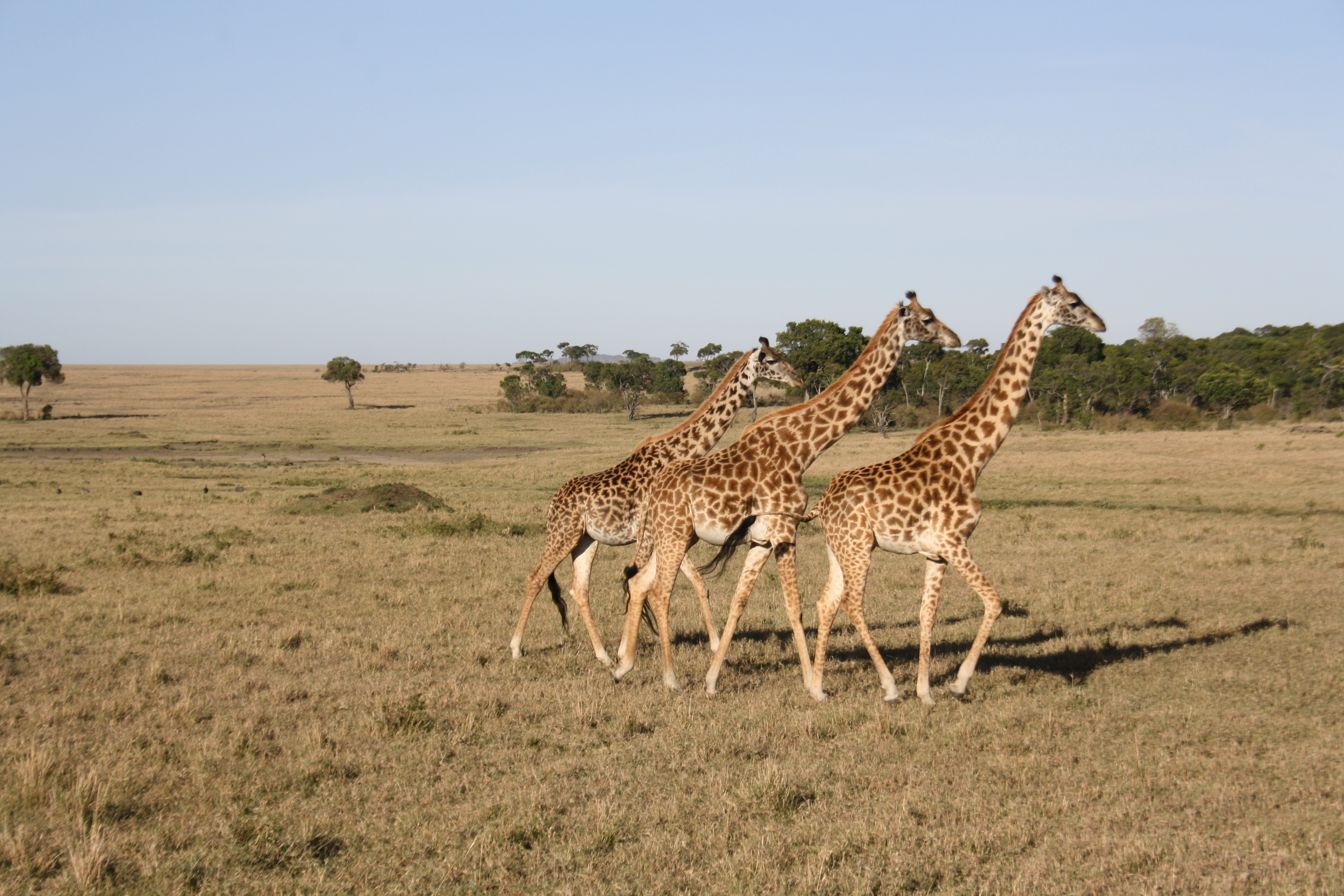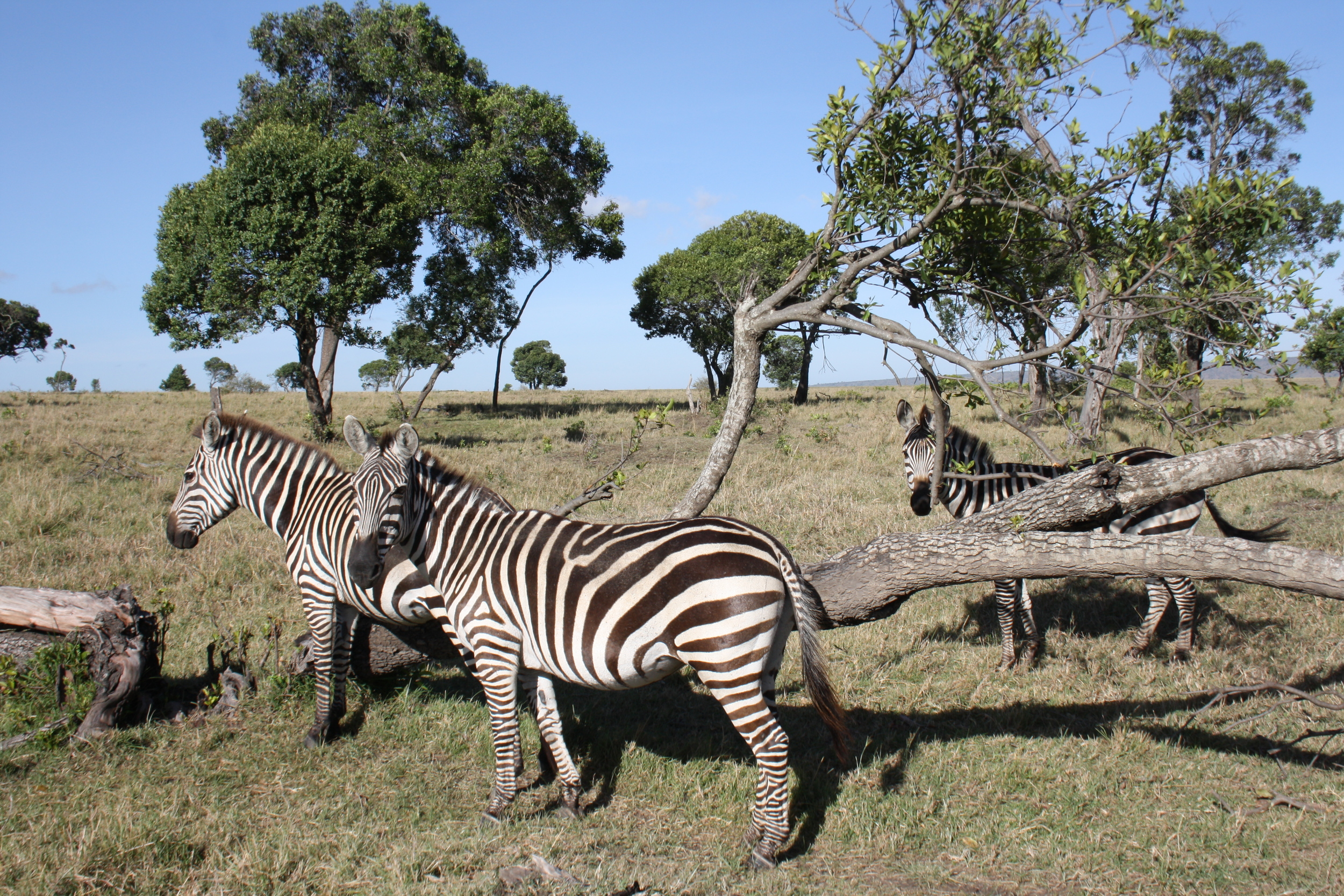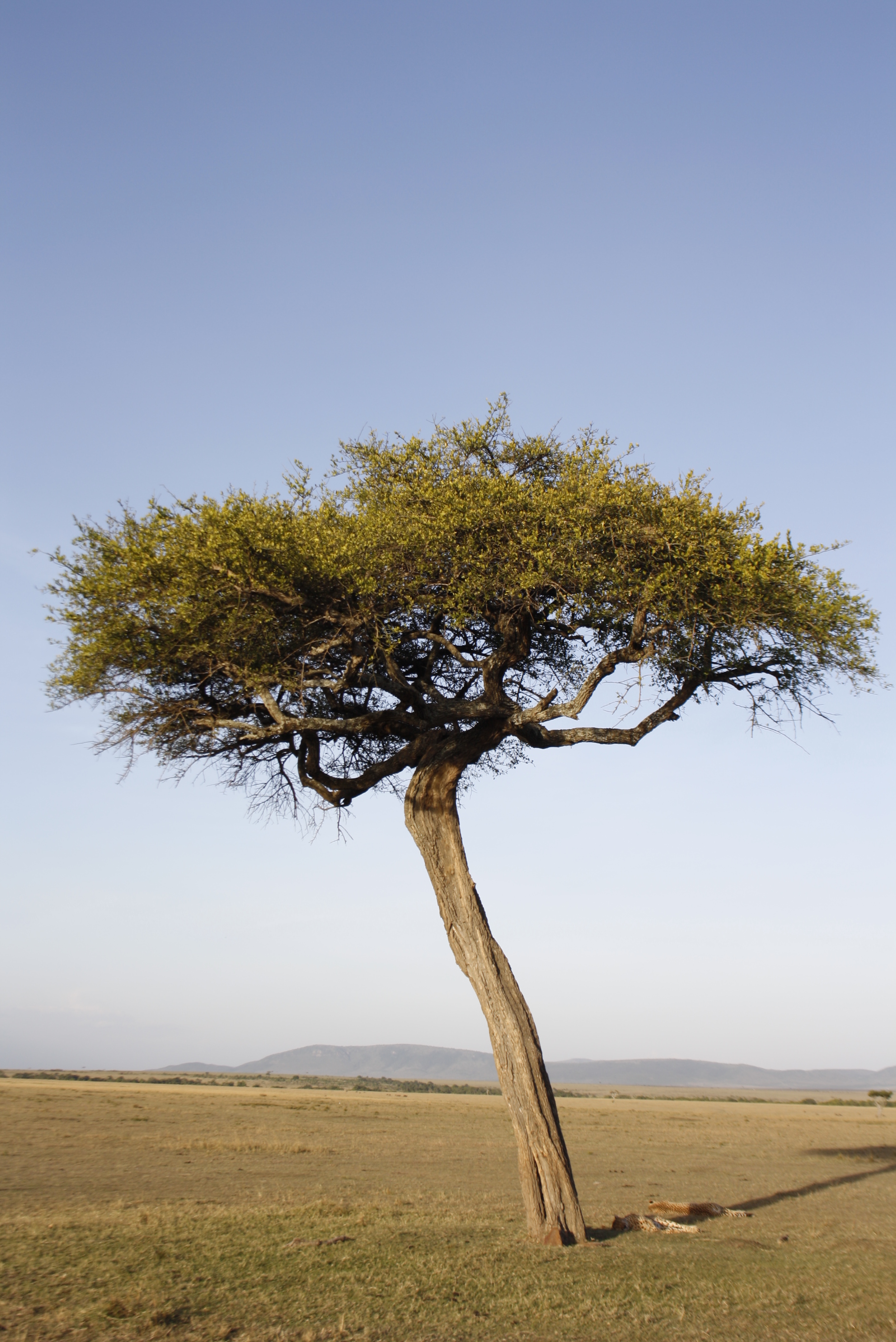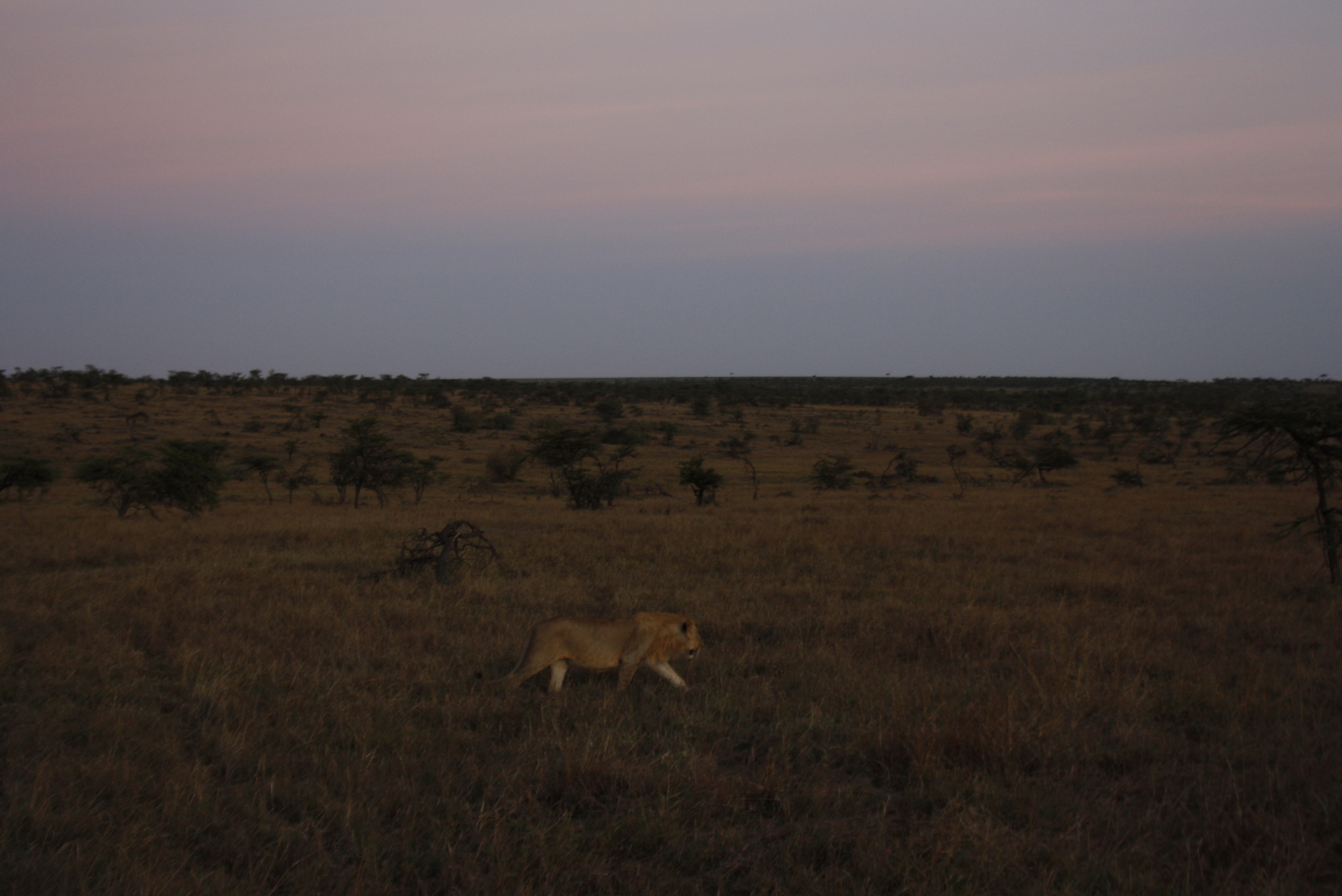I've been on safari in Rwanda, Kenya and Tanzania with my family the last little while, and it has been absolutely amazing to see the magnificent creatures of Africa in their natural habitat. We were lucky enough to have great guides with us to explain the social, predatory and sexual behaviours of all the different species and the biggest thing I learned from this is that they're so much like us. The way they interact, learn, look out for each other, the way they team up with other species for mutual benefit. The efficiencies, practicalities, and partnerships that eventuate when living in the wild are really quite amazing. Instinct is so clever!
What I found even more amazing though, is seeing human beings in their natural habitat. (If that sounds like I've been observing people as though they're displays in a zoo I apologise - that's certainly not the way I intend it. I mean it with a huge amount of curiosity and respect.)
In Rwanda, we saw people farming the green rolling hills. Every single inch of fertile land was terraced and sown with irish potatoes, maize, and bananas. Goats were tied to trees to make the most of any available shoots of grass. Mud huts were just big enough for a family, with an outdoor kitchen and simple ventilation. The roads were bustling. Every hilly spiralling road was a hive of social activity, as people ferried produce and water up and down, back and forth on bikes or by foot. Kids were playing with friends, walking to and from school. People seem happy and healthy.
In Kenya and Tanzania, the Maasai are pastoralists, walking their herds of cattle and goats across the flat dry land for the day and taking shelter under trees in the warmest part of the afternoon. They keep their cattle safe from predators or thieves overnight by housing them within their communal village boundaries, surrounded by houses and fences made of sticks and trees. They don't hunt the game on the reserves, but have a deep respect for their environment and the opportunities tourism can create for their communities. They are joyful - music and dance are a big part of life, colour and movement are everywhere.
The Maasai and the Rwandans reminded me that we need very little to thrive. We need good food, exercise, strong social connections, something to work towards and something to bring us joy. They also reminded me just how far we in the west have moved away from our natural state of being. I know I've written about this before, but I really believe we are not designed to be cubicle bound all day. We are not meant to be controlled by a series of screens in our daily lives. We are meant to use our bodies to challenge ourselves physically, to related to others on a personal level, to look after those we know and to work to find mutually beneficial outcomes in dealings with those we don't know so well, and to pursue meaning.
There is so much we can learn from indigenous cultures around the world and here in Australia. Lessons of shared history, simplicity, connection to place, resilience, working in symbiosis with our surroundings. Despite the misconception that we in the developed world are "more advanced" than these communities, they are millions of years ahead of us, especially when it comes to respecting the land, and each other, and focusing on the important things in life.
I heard a great definition of indigenous today: meaning "a product of their environment". In that sense, we're all indigenous, but all too often we're moulded by the environment we've created for ourselves and not the natural environment we live in. This trip reminded me of the capabilities we all possess to adapt to our surroundings, to find a good outcome - and really, to survive.
Also, here's a timelapse from Cam of our sunset over Ngorongoro Crater.
If you're planning a trip of your own, I recommend:
Check out what the awesome people at Intrepid Travel are doing. They have a huge variety of trips throughout Africa.
Ideally, go early in the migration season or you risk missing out on seeing the big herds in the Serengeti. If possible, avoid the national parks and spend time in the private conservancies where you can go off road and get up close and personal.
Also, keep enough cash on your for tips, visas, and any incidentals because ATMs are hard to come by.
Key spots:




















